Will the New York Jets receive any comp picks this offseason?
When the New England Patriots signed legendary New York Jets cornerback Darrelle Revis in 2014, it was the Evil Genius’ magic at work once more.
The Tampa Bay Buccaneers had just released Revis. That meant he would not count against the compensatory pick formula. Bill Belichick got his one-year deal, the Patriots got their ring, and then Revis signed a megadeal with the Jets — netting the Patriots a third-round compensatory pick. Not only that, but because the team had let Aqib Talib walk to sign Revis, they got another compensatory pick when Talib signed with the Broncos.
It was a work of art that the best-run franchises in the NFL have been taking advantage of since the advent of the system in 1994. Unsurprisingly, the Patriots, Baltimore Ravens, and Green Bay Packers are at the top of the comp pick list. Unfortunately, and also unsurprisingly, the Jets are near the bottom.
What are compensatory picks? How does the elusive formula work? Will the Jets receive any this offseason? What about Bryce Huff?
Comp pick formula
For years, the NFL’s comp pick formula was a mystery. Over the Cap explains how many analysts, led by Twitter user AdamJT13, uncovered much of the formula from 2001-10. Over the Cap picked up much of his work starting from 2015, projecting comp picks every year. The 2020 Collective Bargaining Agreement provided more direct guidance.
Over the Cap explains the full mechanism, which is for cap experts and geeks like me but not necessarily critical to understand. If you’re interested, you can check it out here. Here is the basic idea.
Any player who becomes an unrestricted free agent as a result of their contract expiring and signs with a new team before May 1 is potentially eligible for compensation (referred to as a compensatory free agent or CFA).
The NFL assigns a value to each player based on their contract average per year, snap counts, and AP or PFWA awards. They then rank the players in order at their positions and assign a round value from the third to the seventh round (or no comp value) based on percentile. Without understanding the details, the point is that every NFL player has a round value assigned to them for potential compensation.
Compensatory picks are assigned only the next season. For example, Mike White left the Jets in the 2023 offseason, which means the Jets are eligible for compensation in the 2024 draft. The NFL assigns these round values at the end of the first season of the player’s contract.
Canceling out
The NFL then looks at the CFAs a team gained and the ones they lost. They cancel out players gained and lost based on their round value. Any CFAs lost who are not canceled out by an equivalent CFA gained are eligible for comp picks.
For example, here are the CFAs the Jets gained and lost last offseason.
- CFAs signed: Allen Lazard, Mecole Hardman
- CFAs lost: Sheldon Rankins, Nathan Shepherd, Nate Herbig, Mike White, Dan Feeney
Based on their contracts and playing time, Lazard will cancel out Rankins and Hardman will cancel out Shepherd. However, the Jets did not sign any other CFAs to cancel out Herbig, White, and Feeney. Therefore, Over the Cap projects three seventh-round comp picks for the Jets because they lost those three players. (They may not receive that pick for Feeney because he played very few snaps and signed a minimal contract.)
Don’t underestimate the value of seventh-round picks. They are often used to move up in the draft and are therefore important to have for that reason alone. Also, Joe Douglas acquired Chuck Clark for a seventh-rounder last offseason, one of his savviest moves as a general manager.
Supplemental and diversity picks
There are two other rules about comp picks that are worth noting. The NFL awards exactly 32 comp picks every season. If there are fewer than 32 comp picks available, the NFL awards the remaining ones after the final Round 7 comp picks starting with the regular draft order (meaning the team who qualified for the No. 1 pick would receive the first supplemental comp pick).
Additionally, in the 2020 Collective Bargaining Agreement, the NFL added comp picks for teams that lose minority coaches to head coach or general manager positions. Teams can receive two third-round comp picks for losing one coach and three picks for losing one coach and one general manager. The San Francisco 49ers have taken advantage, gaining comp picks for Robert Saleh, Martin Mayhew, Mike McDaniel, DeMeco Ryans, and Ran Carthon.
The Belichick trick
NFL teams stay ahead of the comp pick formula by signing players who are not CFAs.
A player coming off a release is not a CFA. Nor is an undrafted free agent whose three-year contract expired but did not receive a tender.* A player whose team declined an option or who renegotiated their contract for fewer years does not count, but a player with void years does count as a CFA.
(*An undrafted free agent signs a three-year contract. If he plays out the contract on the active roster, he becomes a restricted free agent in his fourth season. A team has the option to place a first-round, second-round, or right-of-first-refusal tender on the player. They can also decline to offer a tender, making the player an unrestricted free agent. A UDFA with no tender does not count toward the comp pick formula, but a UDFA with a tender counts as a CFA the following season. Since Huff is a UDFA who played out his contract and then received a second-round tender, he is now a CFA.)
When Belichick signed Revis, he did so in part because Revis was not a CFA. This meant that he would not count against the Patriots’ formula when they lost Talib, thereby giving them that third-round pick for Talib.
Over the Cap listed 100 possible cut candidates this offseason. They are not necessarily players who will be cut but rather ones who can be cut to save their team a significant amount of cap space. Some examples of players the Jets could be interested in are Andy Dalton, Hunter Renfrow, and Brandin Cooks. An advantage of signing these players is that they would not count against the Jets’ comp pick formula.
Last offseason, the Jets signed Wes Schweitzer and Thomas Morstead, both of whom did not count against the formula.
Bryce Huff situation
If the Jets let Huff go in free agency, they will not receive compensation until 2025. That alone is a reason to try to tag and trade him.
Still, if they choose not to take any risks with the tag and simply let him go, he would likely qualify as a third-round CFA based on his contract and projected playing time. However, the Jets could still lose out on a comp pick if they signed an equivalent free agent.
If the Jets let Huff go but sign a receiver to a big deal, they could end up with nothing. They could let one of the best edge rushers in the league walk for no compensation whatsoever. This should explain why it’s vital for the Jets to place the franchise tag on Huff.
Hopefully, this untangled some of the comp pick madness for you. Next, we’ll talk about another topic that befuddles fans — the magical June 1 date.

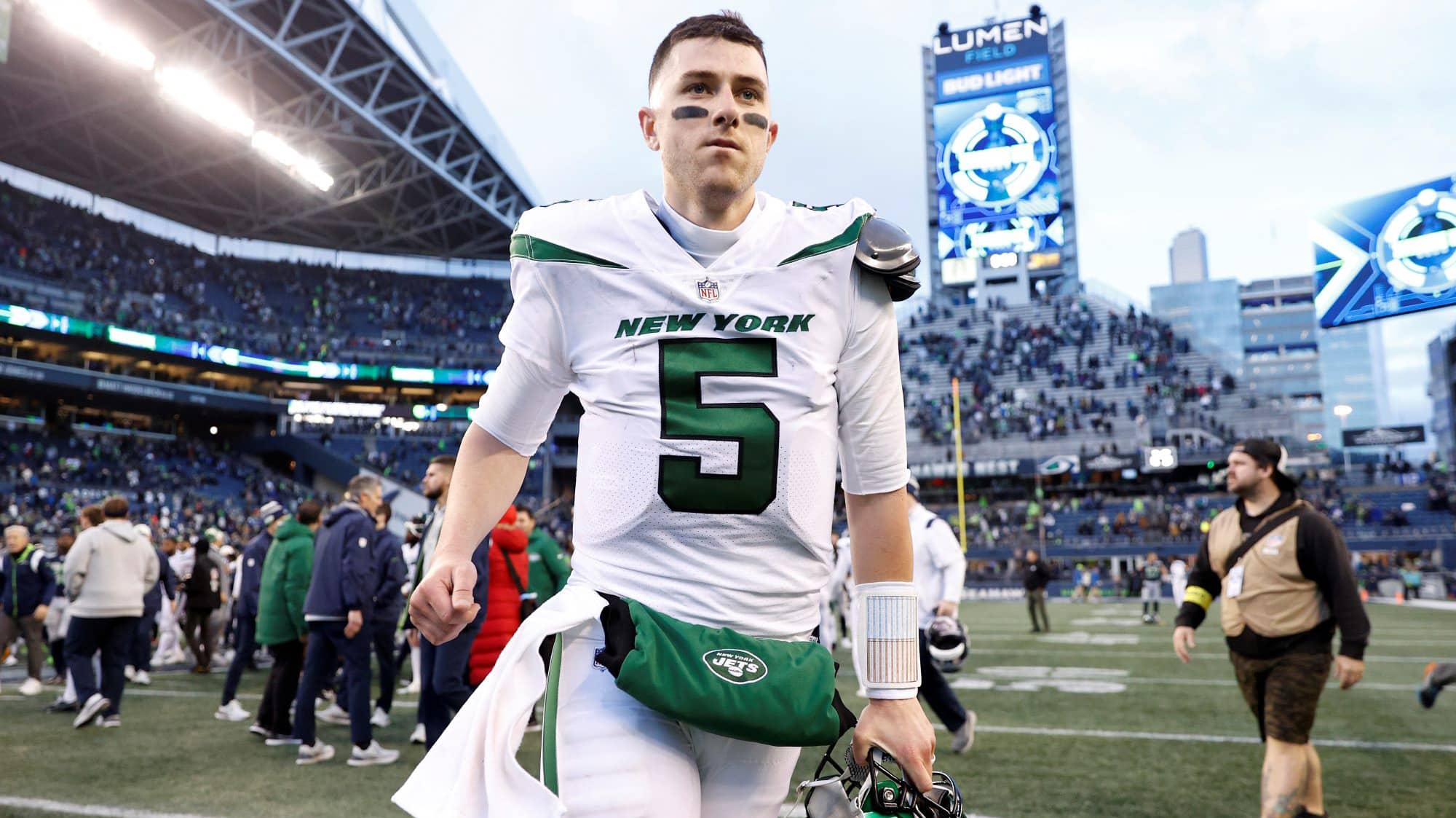


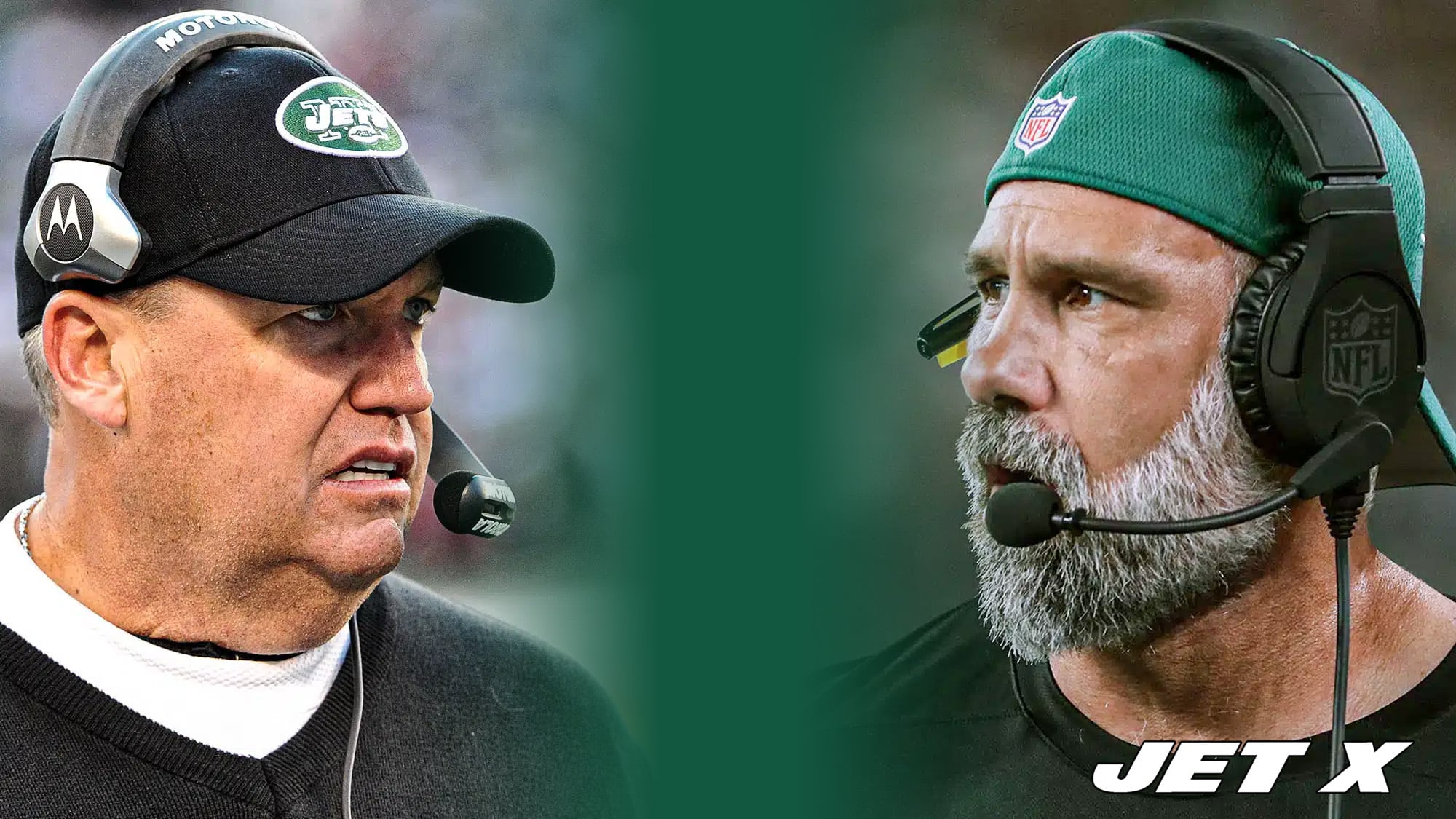
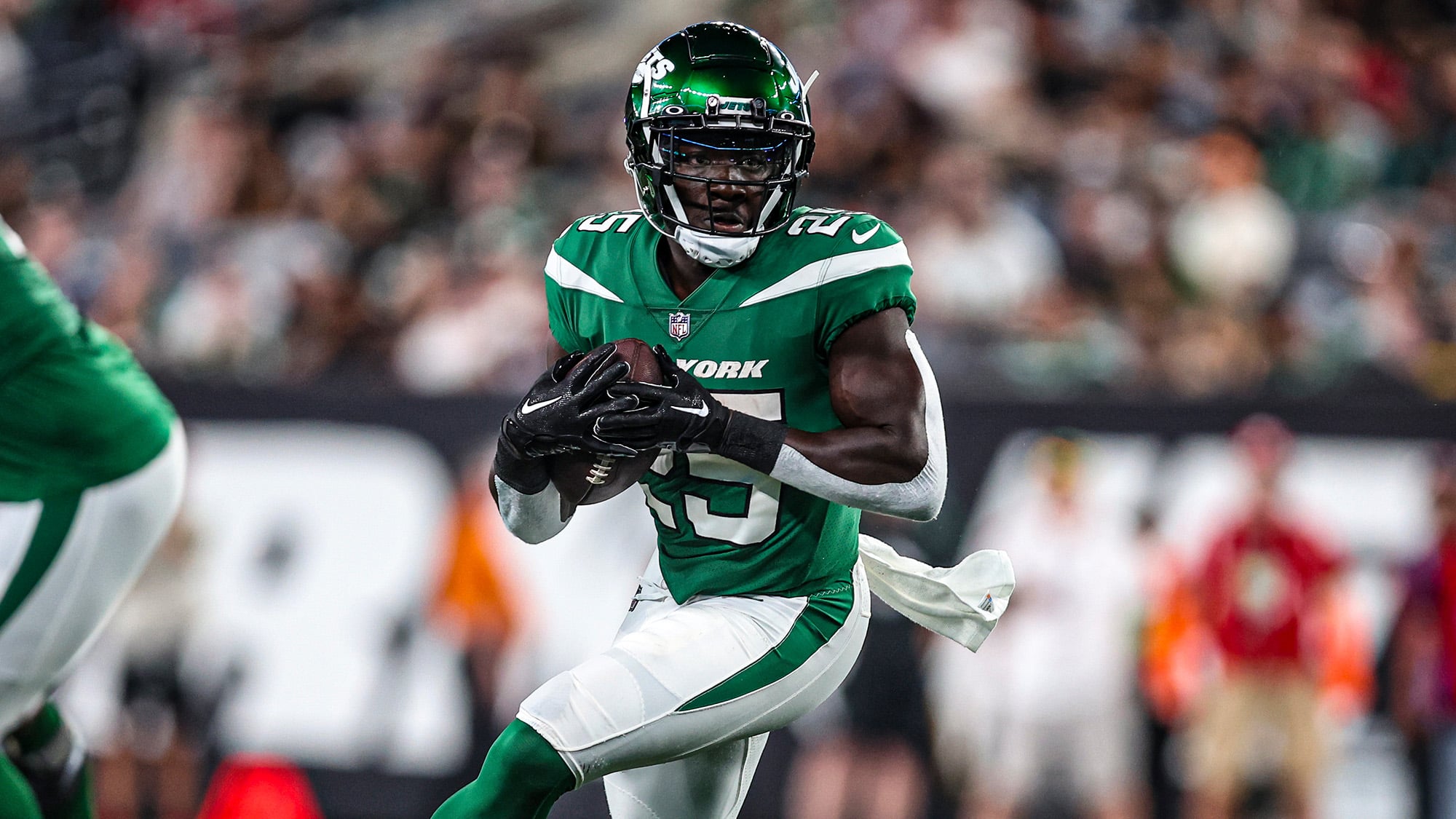




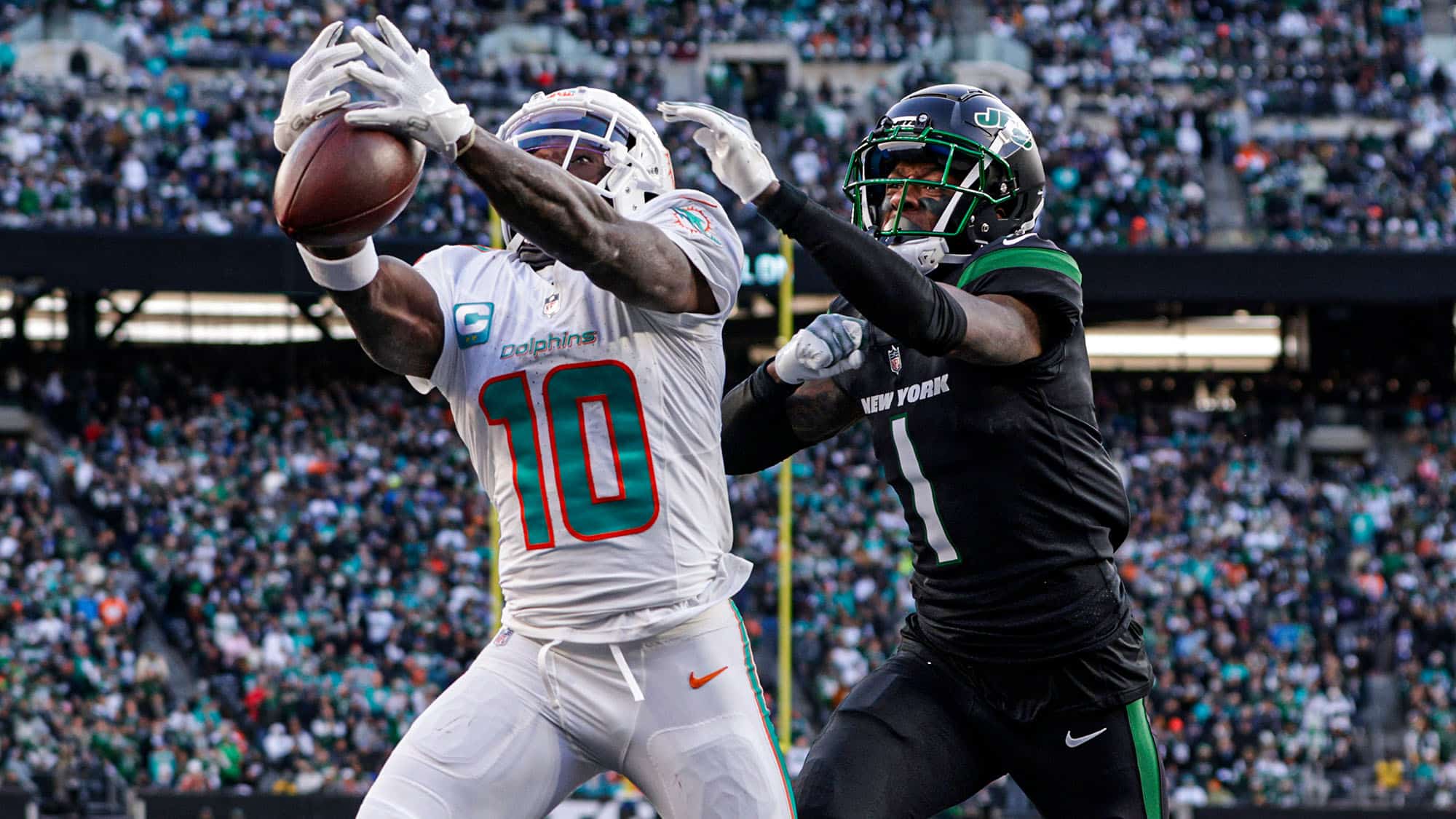
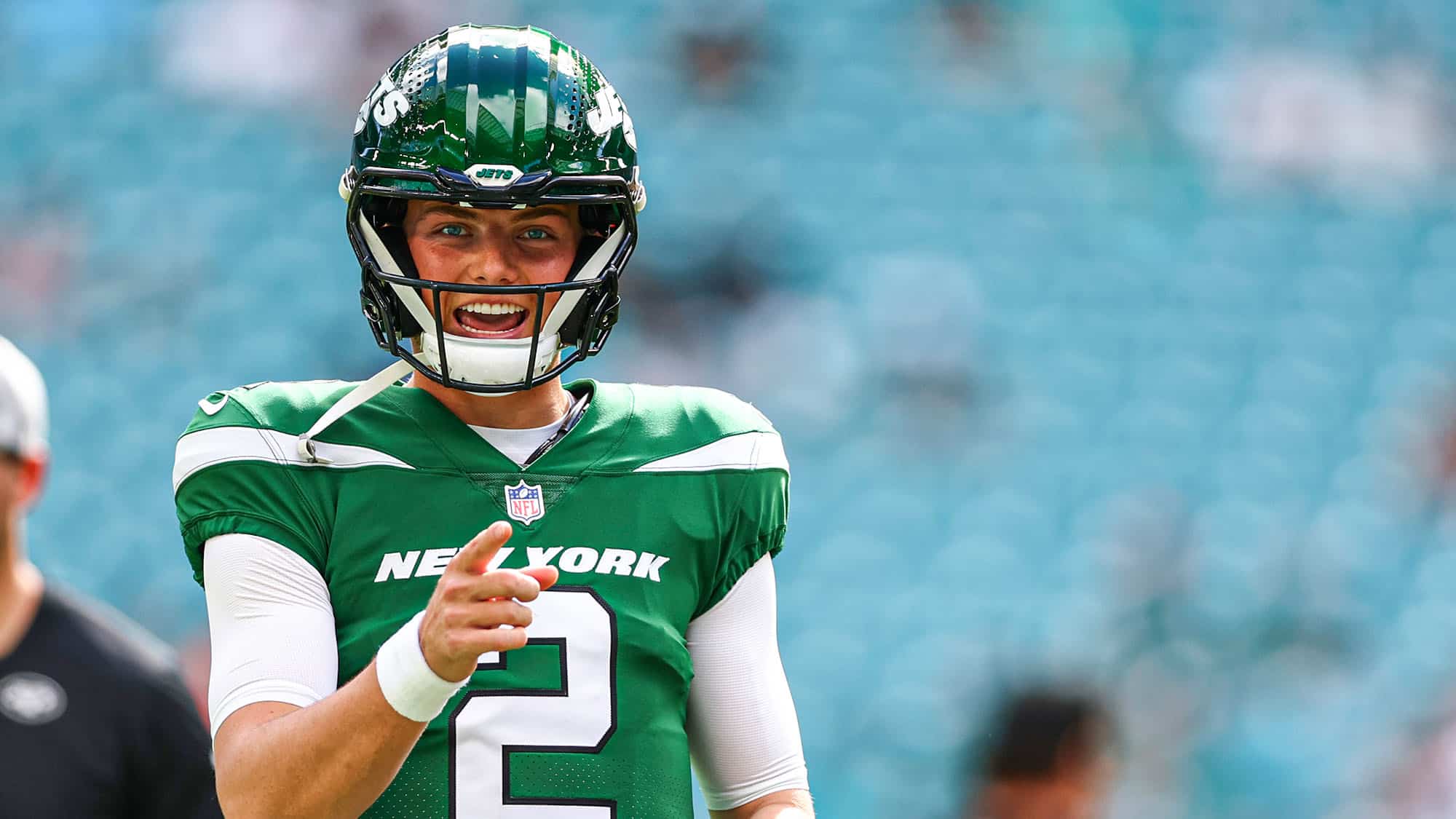

This is a great breakdown but we don’t know for sure this was part of NE’s thinking in signing Revis, for all we know they wanted him and were going to get him regardless, because they felt he was a missing piece for a super bowl. Maybe it just worked out that way. For all of the “genius” stuff… that team is a complete disaster, a carcass of what they were, all thanks to the drafting and team development of the “Evil Genius.” I’m not so sure he has lived up to his “genius” status. A good coach? Yes. A great coach with Brady? For sure, but there is plenty of evidence he’s not so much a genius.